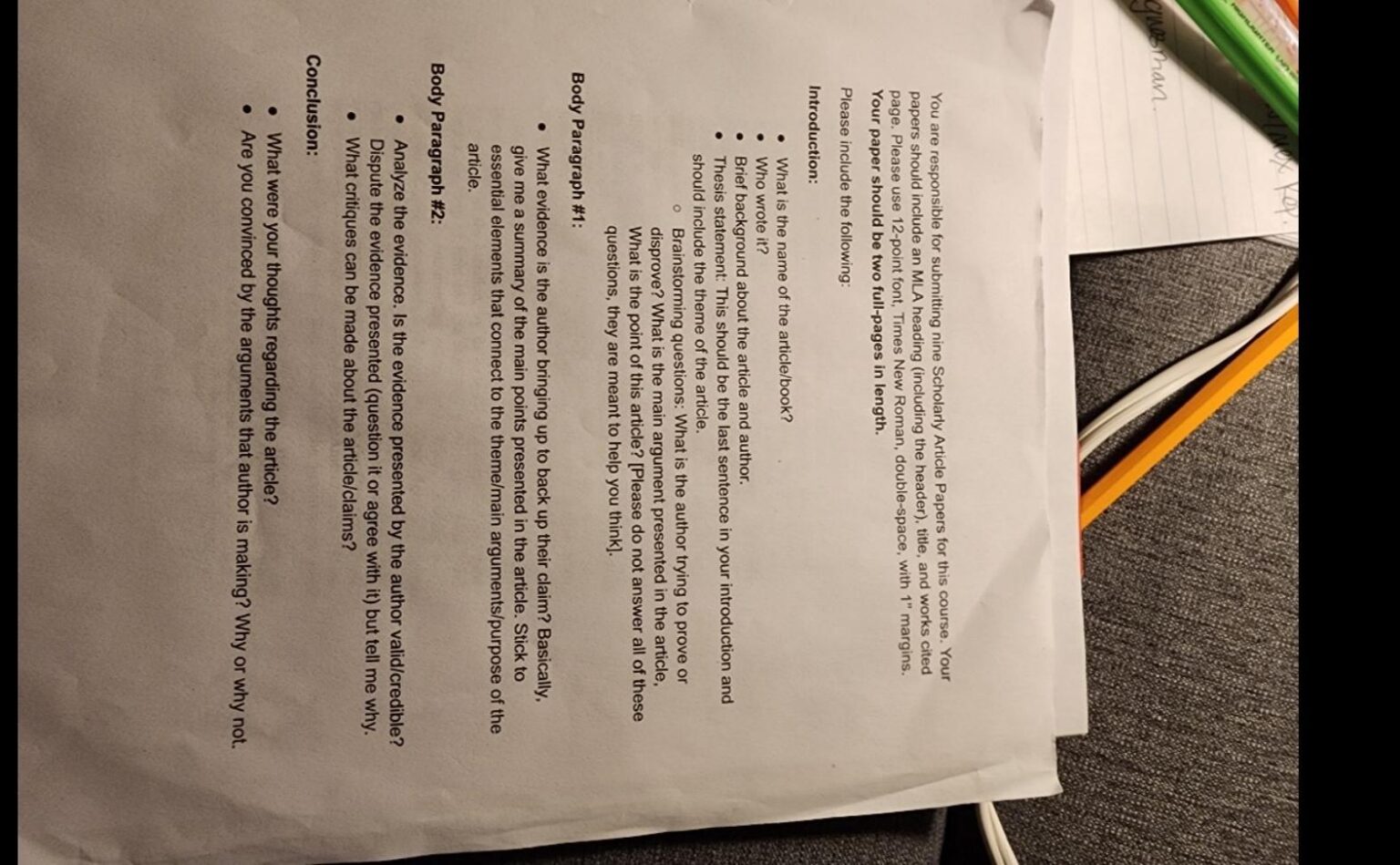Unveiling PAVIE II: Empowering Senegal’s Women and Youth to Strengthen Food Sovereignty
In a significant stride toward enhancing food sovereignty and economic resilience in Senegal, the African Development Bank Group has launched the PAVIE II initiative. This forward-thinking program focuses on empowering women and young people engaged in agriculture, tackling pressing food security challenges while promoting sustainable farming practices and fostering local entrepreneurship. By providing marginalized communities with vital skills, resources, and training opportunities, PAVIE II aims to establish a robust agricultural ecosystem that fuels economic growth across Senegal. Amid escalating climate pressures and socio-economic difficulties, this project marks a pivotal advancement for equitable food production—offering an inspiring blueprint for agricultural development throughout West Africa.
Empowering Women and Youth as Pillars of Food Sovereignty
PAVIE II positions women and youth at the heart of transforming Senegal’s agricultural landscape by encouraging their active involvement in food systems management. Recognizing these groups as essential agents of change, the program creates inclusive platforms where they can spearhead sustainable farming initiatives. The initiative is anchored on several key components:
- Capacity Building: Implementing extensive training sessions designed to modernize farming techniques.
- Access to Inputs: Facilitating availability of financial aid, high-quality seeds, tools, and innovative technologies critical for efficient cultivation.
- Gender Equality Promotion: Encouraging women’s participation in agricultural policymaking and leadership roles.
- Community Engagement: Involving local stakeholders actively in crafting solutions tailored to regional food security needs.
Partnerships with government bodies alongside grassroots organizations underpin efforts to reinforce policies that uphold principles of food sovereignty. Through targeted workshops combined with awareness campaigns emphasizing sustainable agriculture methods—such as agroforestry integration or diversified cropping systems—the project anticipates notable outcomes including:
| Anticipated Outcomes | Benefits Delivered |
|---|---|
| Increased Crop Productivity | Sustained supply of nutritious foods within local markets enhancing community health. |
| Economic Empowerment for Women | Strengthened leadership roles driving social progress at community levels. |
| Youth Employment Growth | Diversified income streams reducing rural unemployment rates significantly. |
Overcoming Agricultural Barriers through Tailored Interventions under PAVIE II
The African Development Bank’s PAVIE II addresses critical challenges faced by farmers—especially women and youth—in Senegal by delivering customized strategies that boost productivity while preserving environmental integrity. Core approaches include:
- Agricultural Innovation Training: Specialized programs focusing on advanced cultivation methods such as precision agriculture technologies or drought-tolerant crop varieties adapted specifically for Senegalese climates.
- Easier Access to Finance: Introduction of microcredit facilities enabling small-scale farmers to invest confidently without facing prohibitive financial constraints.
- Simplified Market Linkages: Establishment of direct supply chains connecting producers with urban centers or export markets ensures fair pricing structures while minimizing post-harvest losses caused by inefficient logistics networks.
By collaborating closely with communities to identify unique needs—and co-creating culturally relevant interventions—the project fosters strong ownership among beneficiaries crucial for enduring success. The following table outlines primary objectives alongside expected impacts:
| Main Objective | Plausible Impact Outcome |
|---|---|
| Enhance female participation in agribusinesses td >< td >Greater gender balance leading to improved household incomes td > tr > | |
Driving Success through Community Ownership & Sustainable Farming Practices in PAVIE II
The long-term impact of PAVIE II hinges upon active involvement from diverse community actors—including traditional authorities, women’s groups, youth organizations—to ensure initiatives resonate authentically at grassroots levels. Recommended strategies include:
- < strong >Participatory Workshops: < / strong >Regularly convene forums encouraging open dialogue so activities remain adaptive.< / li >
- < strong >Strategic Alliances:< / strong >Forge partnerships with NGOs specializing in rural development along with social enterprises expanding outreach capabilities.< / li >
- < strong >Awareness Drives:< / strong >Leverage digital media combined with cultural events promoting knowledge exchange about benefits linked to sustainable agriculture.< / li >
< / ul >Embedding environmentally responsible practices remains fundamental not only for boosting yields but also conserving ecosystems amid climate variability impacting West Africa today (e.g., unpredictable rainfall patterns). Suggested frameworks encompass:
Sustainable Practice< / th > Description< / th > tr > Agroecological Approaches< / td > Integrate indigenous knowledge such as intercropping native species alongside scientific innovations that enhance biodiversity conservation. Example: Introducing cover crops like cowpeas naturally enriches soil nitrogen content without relying on synthetic fertilizers.
This method parallels successful transitions observed recently across Burkina Faso where similar agroecological adoption boosted yields by over 25%.
Td > Tr >Organic Farming Techniques< / Td > Encourage natural pest control using biocontrol agents instead of chemical pesticides thereby safeguarding ecosystem health. Example: Use of neem-based bio-pesticides has led smallholder farmers near Saint-Louis since mid-2023 significantly reduce chemical inputs.
Td > Tr >Water Conservation Methods
Efficient irrigation solutions like drip irrigation conserve water especially during extended dry periods intensified by climate change effects across Sahelian regions including northern Senegal .< br />
Example : Pilot projects deploying solar-powered drip irrigation have demonstrated up to 35 % water savings compared against conventional flood irrigation .These innovations are increasingly vital given recent FAO reports highlighting rising drought frequency disrupting crop cycles throughout West Africa (FAO ,2024).
Looking Forward: Charting a Sustainable Path Toward Food Sovereignty in Senegal
The launch of the PAVIE II program marks a transformative step toward securing lasting food sovereignty centered around empowering women and young people who constitute the backbone of rural economies across Senegal. By delivering focused support encompassing education , resource accessibility , market integration ,u00a0and eco-friendly practices , this initiative not only addresses immediate vulnerabilities within agriculture but also establishes foundationsu00a0for sustained growthu00a0and resilience against future shocks.u00a0As implementation advances , ongoing monitoring will be essentialu00a0to evaluate impacts on community dynamics,u00a0gender equity,u00a0and overall productivity — insights which could guide replication efforts elsewhere throughout Africa.u00a0Ultimately,u00a0PAVIE II represents an optimistic vision where inclusive approaches transform agri-food systems into engines powering both prosperityu00a0and environmental stewardship region-wide.

